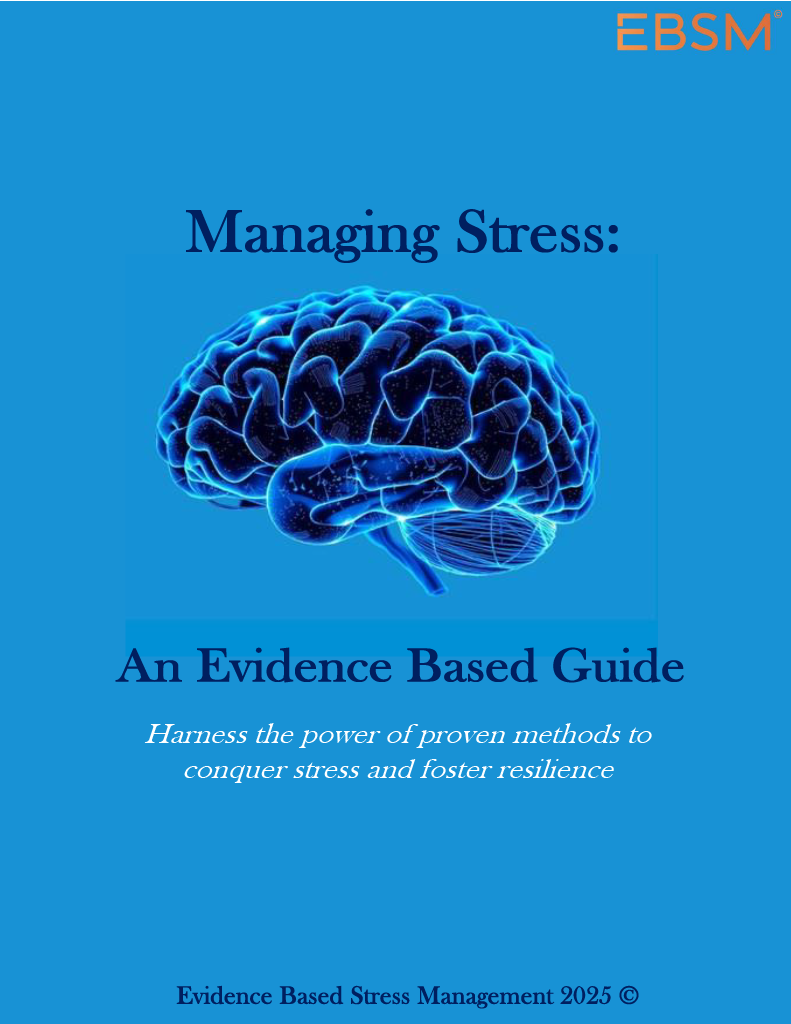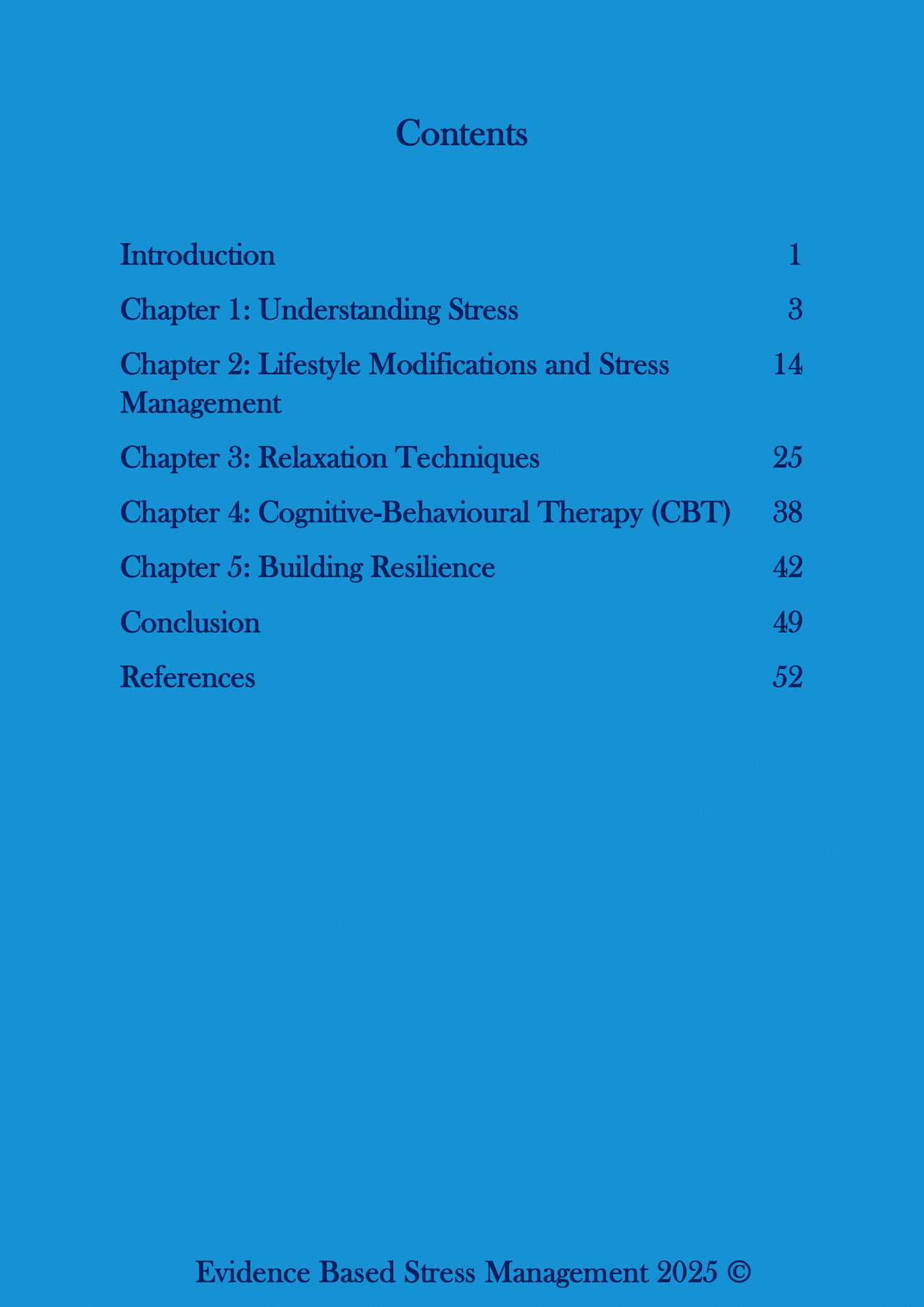
The Power of Social Support in Stress Management
In today's fast-paced world, stress has become an almost ubiquitous part of life, particularly for university students juggling academic responsibilities, social pressures, and future career concerns. Managing stress effectively is crucial for maintaining mental health and overall well-being. While various strategies exist to combat stress, one often overlooked yet profoundly impactful method is social support.
Recent research has delved into the intricate relationship between social support and mental health, particularly focusing on how perceived stress mediates this relationship. The study titled "Social Support and Mental Health: The Mediating Role of Perceived Stress" offers valuable insights into how social connections can alleviate stress and improve mental health outcomes.
The Study
Conducted by Evelyn F. Acoba and published in Frontiers in Psychology, this study aimed to explore whether perceived stress mediates the relationship between social support and mental health outcomes such as positive affect, anxiety, and depression (Acoba, 2024). The research drew from Lazarus and Folkman’s stress and coping theory, emphasizing the influential role of social support in appraising and managing stressful events.
Methodology
The study involved a cross-sectional survey conducted online among 426 Filipino adults during the peak of the COVID-19 pandemic. Participants completed several measures, including:
- Multidimensional Scale of Perceived Social Support (MSPSS): To assess the level of social support from family, friends, and significant others.
- Perceived Stress Scale-10 (PSS-10): To measure the degree of perceived stress.
- Positive Affect subscale of PANAS: To evaluate positive emotional states.
- Depression and Anxiety subscales of DASS-21: To assess symptoms of depression and anxiety.
The hypotheses were tested using mediation analysis to determine if perceived stress played a mediating role between social support and mental health outcomes.
Key Findings
The study's findings were illuminating:
- Family and Significant Other Support: These types of social support significantly decreased perceived stress, which in turn increased positive affect and decreased anxiety and depression.
- Friend Support: Interestingly, perceived stress did not mediate the relationship between friend support and mental health outcomes, suggesting that the type of social support matters.
Social Support and Stress Management
One of the standout conclusions from the study is the critical role of family and significant other support in managing stress. Social support from these sources helps individuals reframe and cope with stressful situations more effectively, reducing the overall perception of stress. This reduction in perceived stress leads to better mental health outcomes, including lower levels of anxiety and depression and higher levels of positive affect.
Practical Implications
Understanding the mediating role of perceived stress in the relationship between social support and mental health has practical implications:
- Strengthening Family Bonds: Encouraging strong family connections can be a vital strategy in stress management programs.
- Building Support Networks: Universities and workplaces can create environments that foster significant other support, such as mentorship programs and peer support groups.
- Tailored Interventions: Mental health interventions can be tailored to enhance specific types of social support that are most effective in reducing perceived stress.
Conclusion
The study underscores the importance of social support in managing stress and improving mental health. By leveraging the power of social connections, particularly from family and significant others, individuals can better navigate the challenges of stressful situations and maintain better mental health.
Disclaimer
This blog post is for informational purposes only and does not constitute medical advice. Always seek the guidance of a qualified healthcare provider with any questions you may have regarding a medical condition or treatment.
Acoba, E. F. (2024). Social support and mental health: The mediating role of perceived stress. Frontiers in Psychology, 15, Article 1330720.



